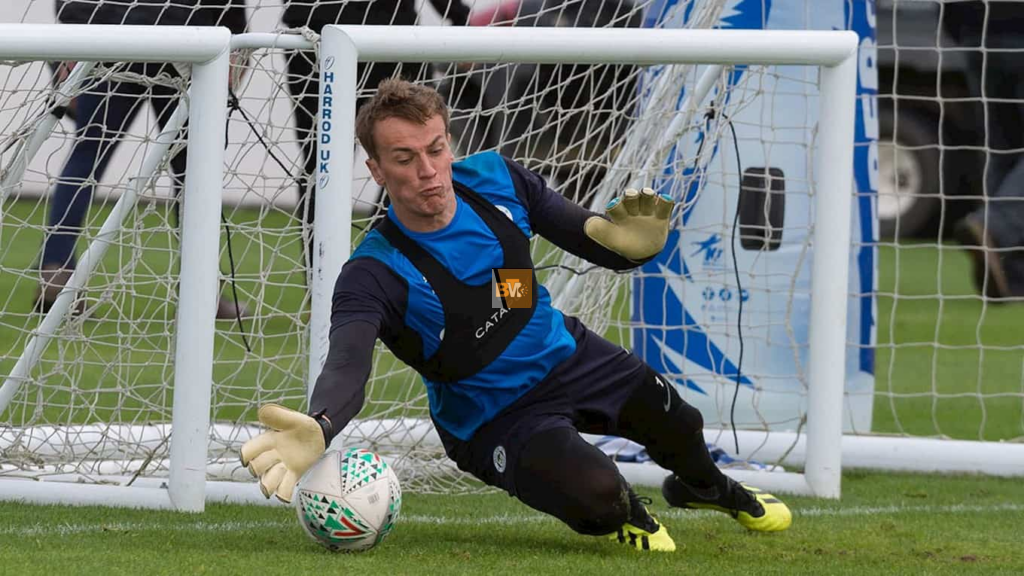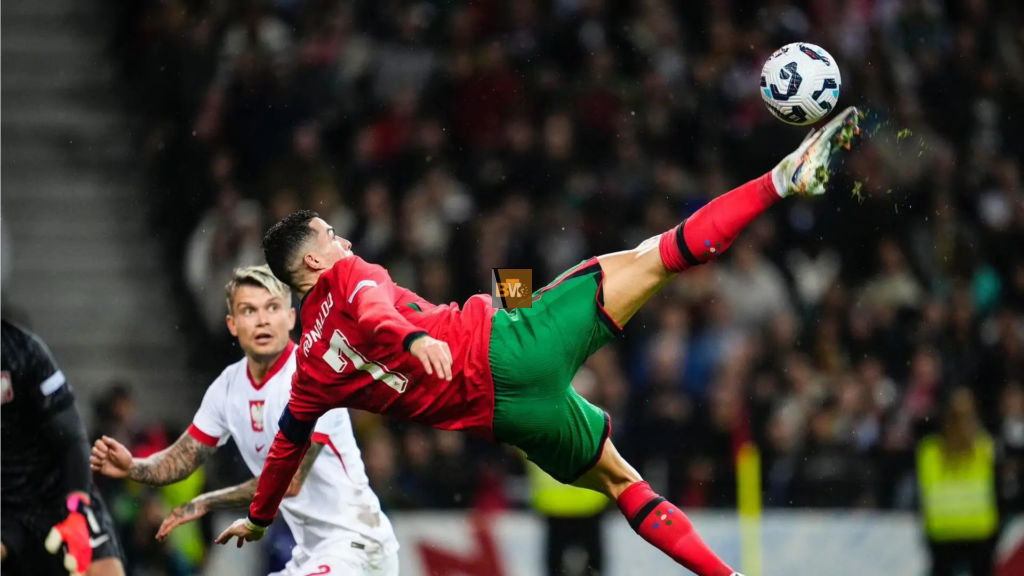Goalkeeping is one of the most critical roles in soccer, but it requires more than just physical ability. To excel as a goalkeeper, smart management is essential. This means not only saving goals but also managing movements, communication, and strategy. Here’s how proper management can transform a goalkeeper’s game.
What is Goalkeeping in Soccer Using Management?
Goalkeeping in soccer using management is about more than just stopping the ball. It involves a strategic approach to decision-making, positioning, and communication. Management in this context means being proactive rather than reactive. Goalkeepers need to analyze the game in real time, anticipate threats, and make smart decisions to guide their defense.
For example, a goalkeeper who can direct their defenders effectively prevents many shots on goal before they even happen. Similarly, managing time during set-pieces and organizing the backline ensures a structured defense. Essentially, goalkeeping management turns a good shot-stopper into a great leader on the field.
Why Goalkeeping Management Matters on the Field
Goalkeeping management is crucial because goalkeepers are the last line of defense and often the first point of attack. A well-managed goalkeeper not only prevents goals but also influences how the team plays defensively and offensively.
Without proper management, even the best reflexes and agility won’t make up for poor positioning or miscommunication. For instance, if a goalkeeper fails to signal a defender about an opposing player’s run, it could lead to a costly mistake. On the other hand, a managerially skilled goalkeeper can command the defensive line, minimize threats, and create opportunities for counterattacks.
Management also helps goalkeepers stay mentally focused. Soccer is a fast-paced game, and staying calm under pressure is vital. A goalkeeper who manages their emotions, teammates, and game situations effectively contributes to the overall success of the team.
Top Goalkeeping Tips for Better Management
Becoming a master of goalkeeping management requires practice and dedication. Below are key tips to help goalkeepers improve their management skills.

Plan Your Movements Early
One of the most effective ways to manage a game is to anticipate situations before they happen. As a goalkeeper, always analyze the game and plan your movements in advance. For example, if the opposing team is setting up for a corner kick, decide where to position yourself and communicate this to your defenders before the kick is taken.
By staying one step ahead, you can reduce the time needed to react, which is crucial during fast-paced moments. Effective movement planning also ensures you’re in the right place at the right time, whether to intercept a cross or block a shot.
Stay Vocal with Your Team
Communication is a cornerstone of goalkeeper management. Goalkeepers have a unique perspective on the game because they can see the entire field. Use this to your advantage by staying vocal with your team. Shout clear, concise instructions to your defenders, such as “mark the striker,” “watch the left wing,” or “push up.”
Vocal goalkeepers not only organize the defense better but also instill confidence in their teammates. When your defenders trust your instructions, they’re more likely to perform their roles effectively. Remember, communication isn’t just about shouting; it’s about being clear, assertive, and constructive.
Stay Calm Under Pressure
Pressure situations are inevitable in soccer, especially for goalkeepers. Whether it’s a penalty kick or a high-stakes match, staying calm is crucial for effective management. A nervous goalkeeper may make poor decisions, such as rushing out unnecessarily or hesitating during a crucial save.
To stay calm, focus on your breathing and remind yourself to take it one play at a time. Calmness under pressure not only improves your performance but also reassures your teammates. A composed goalkeeper is a reliable leader, even in the tensest moments.
How to Train Management Skills for Goalkeepers
Improving management skills requires targeted training. Here are some ways goalkeepers can work on this critical aspect of their game:
- Scenario Drills: Practice game-like scenarios where you need to make split-second decisions. For example, set up drills where defenders and attackers simulate real match situations and focus on organizing your defense while staying in position.
- Communication Exercises: Train with your teammates and work on specific communication cues. Practice directing your defenders during set-pieces, corner kicks, or free kicks.
- Video Analysis: Review footage of your matches to identify areas where you can improve your decision-making and communication. Learning from mistakes is key to developing better management skills.
- Work with Coaches: A coach can provide valuable feedback on how to manage the game better. Discuss strategies for positioning, time management, and teamwork during training sessions.
Training your management skills alongside your physical abilities will make you a more complete goalkeeper.
Communication: A Key Skill for Goalkeeper Management
As mentioned earlier, communication is vital for goalkeeping management. A silent goalkeeper is a missed opportunity for the team to stay organized and prepared. Effective communication involves more than yelling orders—it’s about clarity, consistency, and timing.
For example, during a free kick, a well-managed goalkeeper will instruct defenders on how to form a wall, position themselves, and cover specific players. Similarly, during open play, vocal goalkeepers ensure everyone knows their role, reducing the risk of confusion and mistakes.
Good communication also extends to building trust. When your teammates know you’ll provide clear instructions, they’ll listen to you more attentively. This trust is critical for maintaining a strong defensive unit.
Common Mistakes Goalkeepers Make with Management
Even experienced goalkeepers can fall into bad habits when it comes to management. Here are some common mistakes to avoid:

Overthinking During a Game
Overthinking can paralyze decision-making. For instance, a goalkeeper may hesitate to come off their line because they’re unsure whether to punch the ball or catch it. This split-second indecision can lead to goals. To avoid overthinking, trust your instincts and the training you’ve put in.
Not Communicating Enough
Some goalkeepers remain too quiet, assuming their defenders will figure things out on their own. This often leads to disorganization and mistakes. Always communicate, even if the game seems under control. Simple reminders like “man on” or “clear it” can prevent turnovers and maintain team structure.
Focusing Too Much on One Area
It’s easy to get tunnel vision during a game. For example, a goalkeeper might focus entirely on blocking a striker and forget to organize the defense. A balanced approach is essential—pay attention to the ball while managing your teammates’ positions and actions.
How Goalkeeping Management Helps Teams Win
A goalkeeper’s management skills can be the difference between victory and defeat. When goalkeepers effectively manage their defense, they minimize scoring opportunities for the opposition. This not only reduces the number of goals conceded but also gives the team confidence to push forward and attack.
Good management also keeps the team’s morale high. A well-organized goalkeeper provides a sense of stability, which can inspire the entire team to perform better. In close matches, this leadership can make all the difference.
The Bottom Line
Goalkeeping in soccer isn’t just about athleticism; it’s about smart management. By planning movements, communicating effectively, and staying calm under pressure, goalkeepers can elevate their game and become indispensable to their teams. Avoid common mistakes, focus on improving management skills during training, and always strive to lead your defense with confidence.
With proper management, a goalkeeper becomes more than just a shot-stopper—they become a leader, strategist, and game-changer on the field.







Leave a Reply